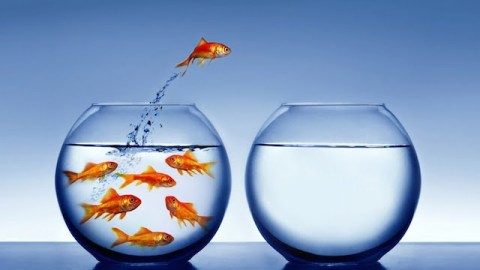You Have More Willpower Than You Think

One of the trendiest ideas in popular psychology in the last few years has been that of “ego depletion” or willpower as a limited resource. Many different books have been written on the topic, with the most recent being field luminary Roy Baumeister’s magnum opus on the topic, aptly entitled “Willpower: Rediscovering the Greatest Human Strength”.
For reasons varied and unknown, the idea of mental capacities as limited and expendable has been promptly and enthusiastically taken up by our society in recent history. After all, it’s a lot easier to feel better about cheating on our diets, or yelling out in frustration at the end of a long day at work, when we have “scientific justification” for being so rash. In addition, most of us spend a non trivial portion of our days mentally accounting for our money – judging the appropriateness of getting the twenty dollar steak at dinner instead of the eight dollar burger, and so on. We’re familiar, maybe too much so, with the bank account metaphor, and apply it liberally throughout our cognitive lives.
Thus, because of a variety of coalescing factors, we have gotten to the point where we sell ourselves short – seeing ourselves as limited, even weak, creatures incapable of saying no and exerting self control. Life, then, is not a robust creation full of adaptive agency but, rather, a precarious kluge ready to break down to temptation at any moment.
But, as is the case in science, not all findings are truths. Recent studies have failed to replicate the finding that willpower is, indeed, a limited resource. Other research, done in 2013 by Carol Dweck and colleagues, has shown that one’s beliefs about willpower affect how much willpower one has. Far from being a limiting factor, willpower seems to be a reflection of one’s beliefs and biology. Beliefs are things, and they can change how we survive and thrive within the world. If you see yourself as containing a limited amount of self control, it’s unlikely that you’ll make the extra effort to forgo desert, or hit the gym, since you’ll “burn out anyways”.
Even though a substantial amount of research has challenged the idea of limited willpower, millions of people throughout the world have incorporated this spurious idea into their mental models of themselves and people in general. In addition, many different products and policies have been created with this “fundamental fact about the human brain” in mind. This is an unfortunate feature of the popular psychology industry, which turns almost every single surprising research area or finding into an easy-to-digest book with an (often) counterintuitive revelation. However, science is a process that is ever refining and destroying itself – collecting more observations and building a better and better model of the world. Scientists are fairly good at continually updating their understandings of these things. But how many regular consumers and book readers are now going to read an article or book that contradicts what they learned from “that other science book on willpower”? They probably won’t; and that’s a shame. This means that they’ll be acting in the world with a woefully inaccurate model of how they work and what they’re capable of. There is no greater shackle than a false idea and, as the willpower field shows, ideas once “true” can become questionable, even false, in due time.
The key is to stay up to date. Otherwise, we may see ourselves as limited beings, who struggle to avoid eating cupcakes, rather than beings of some agency that never tire from such trivial exertions. Maybe at that point we’ll dream a bit bigger and spend our time thinking about how to change the world, or follow our passions, instead of sighing at the end of a long, exhausting day of stopping ourselves from checking Facebook and eating that extra slice of pizza.
Image:Nuggets4Nobles





